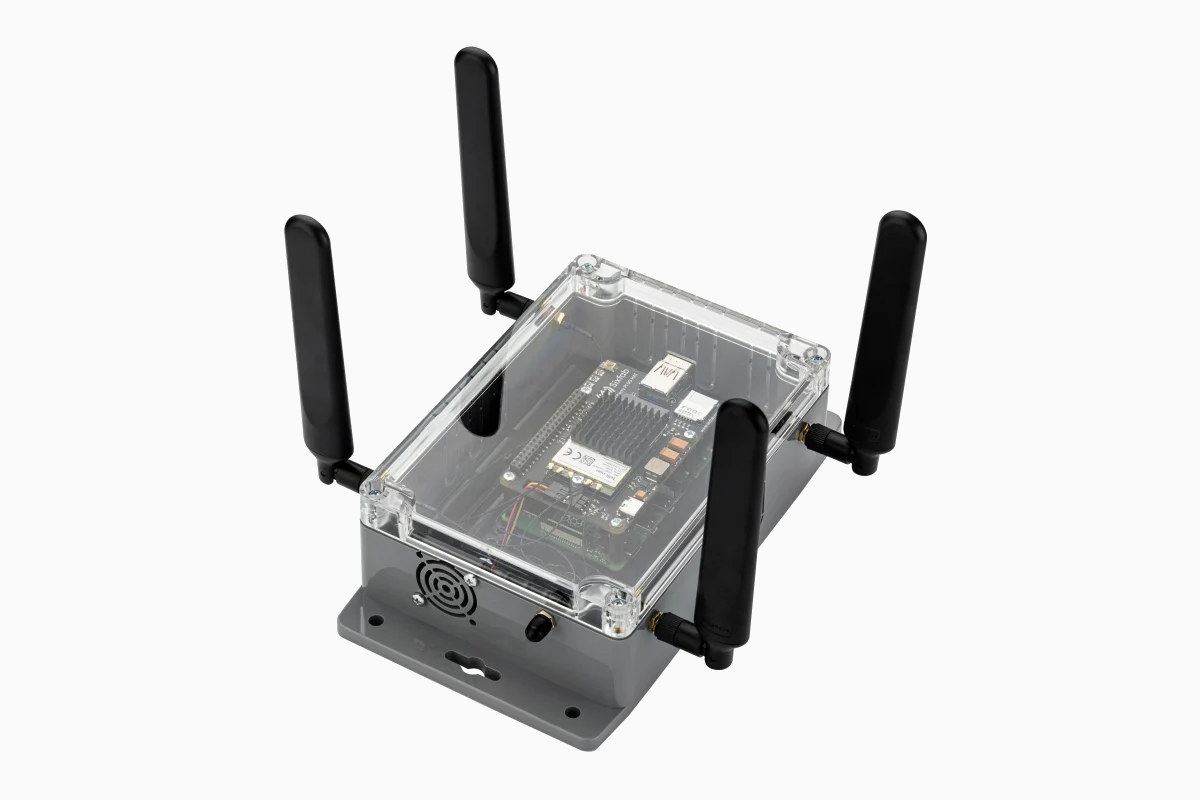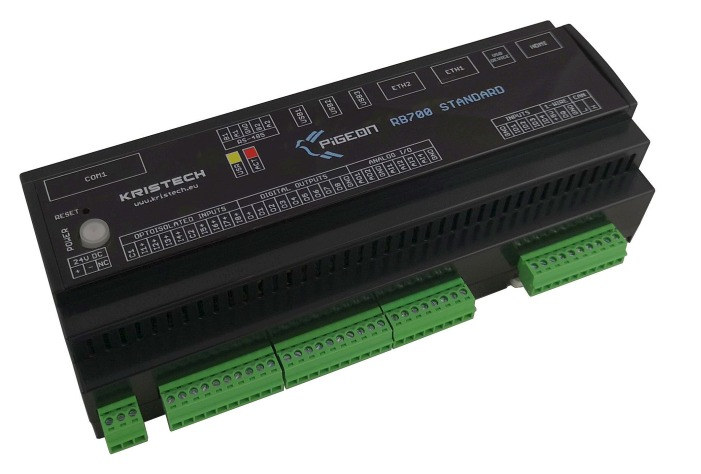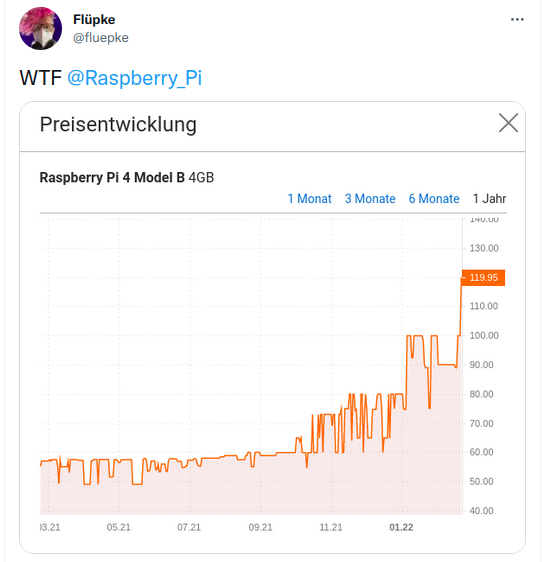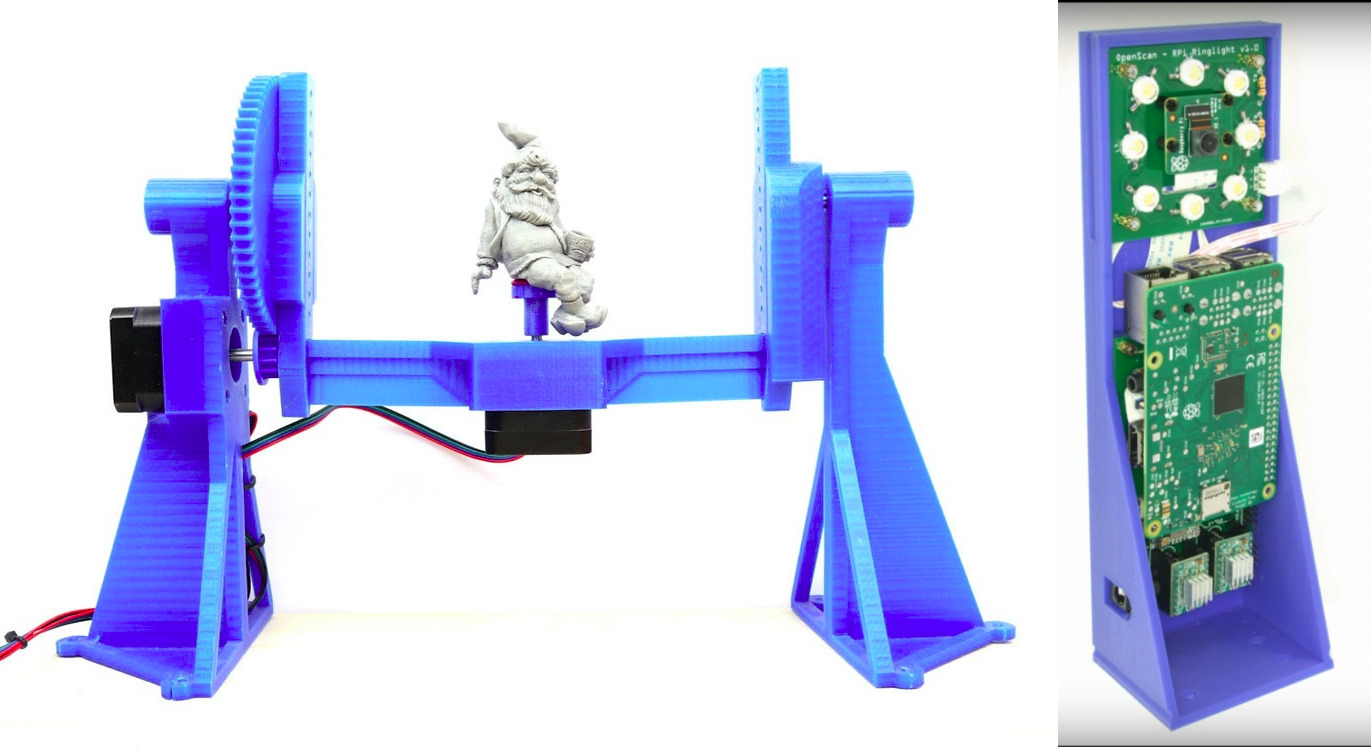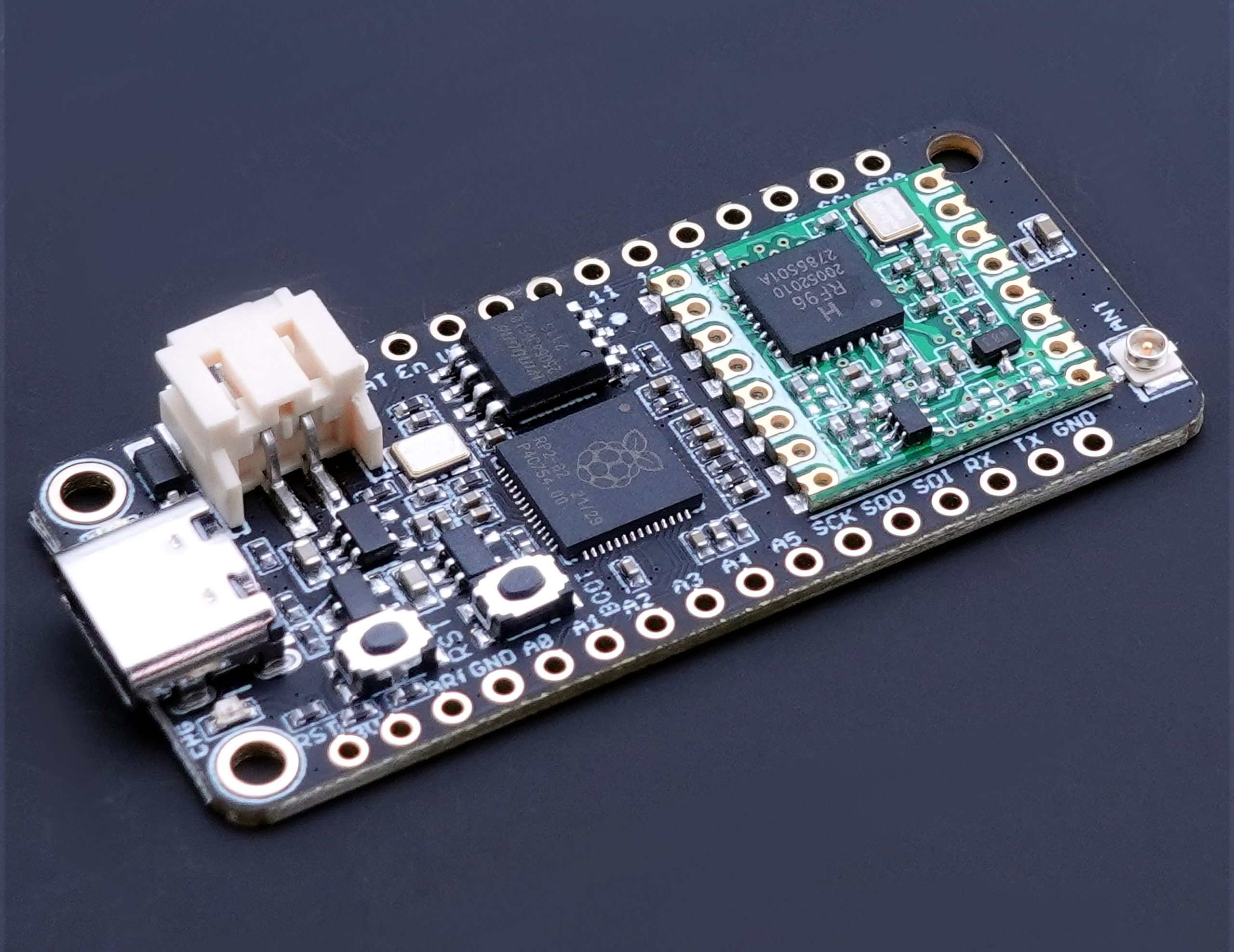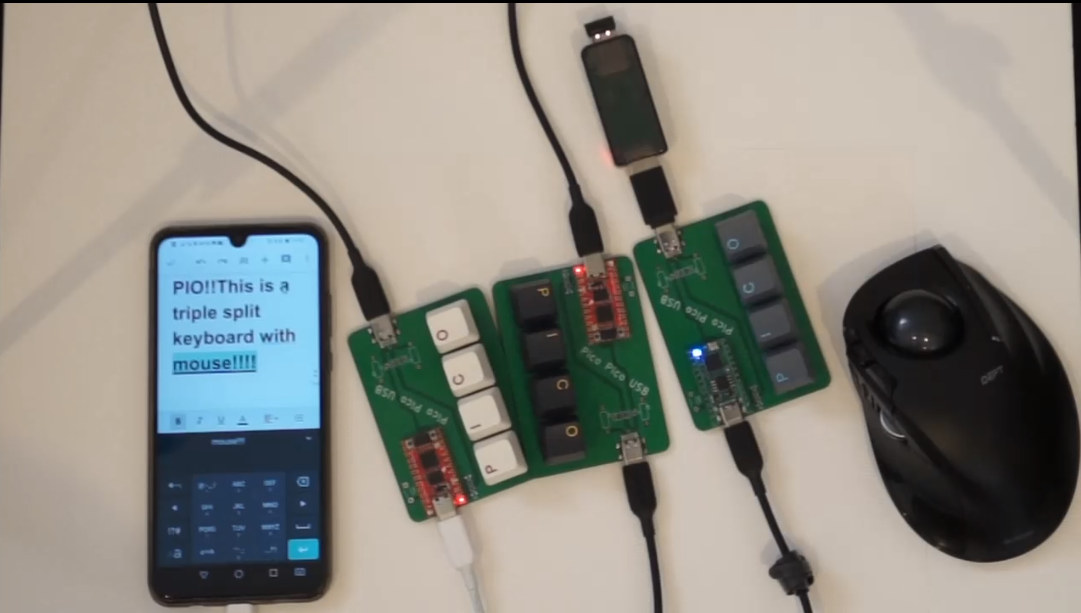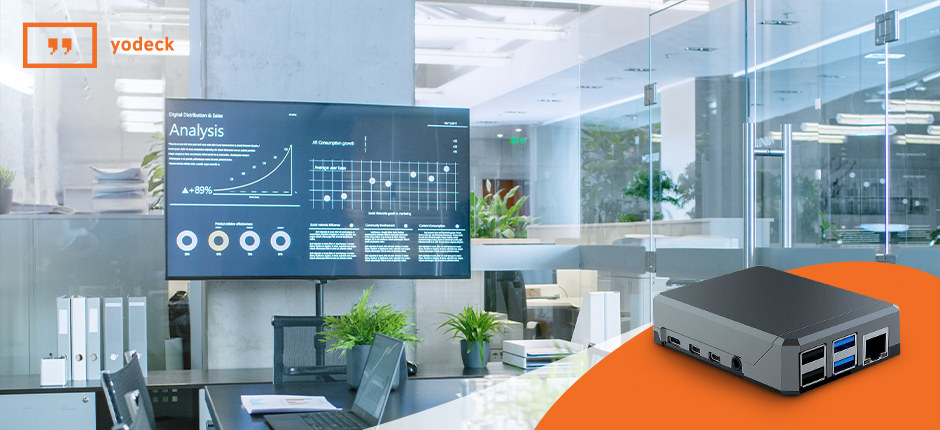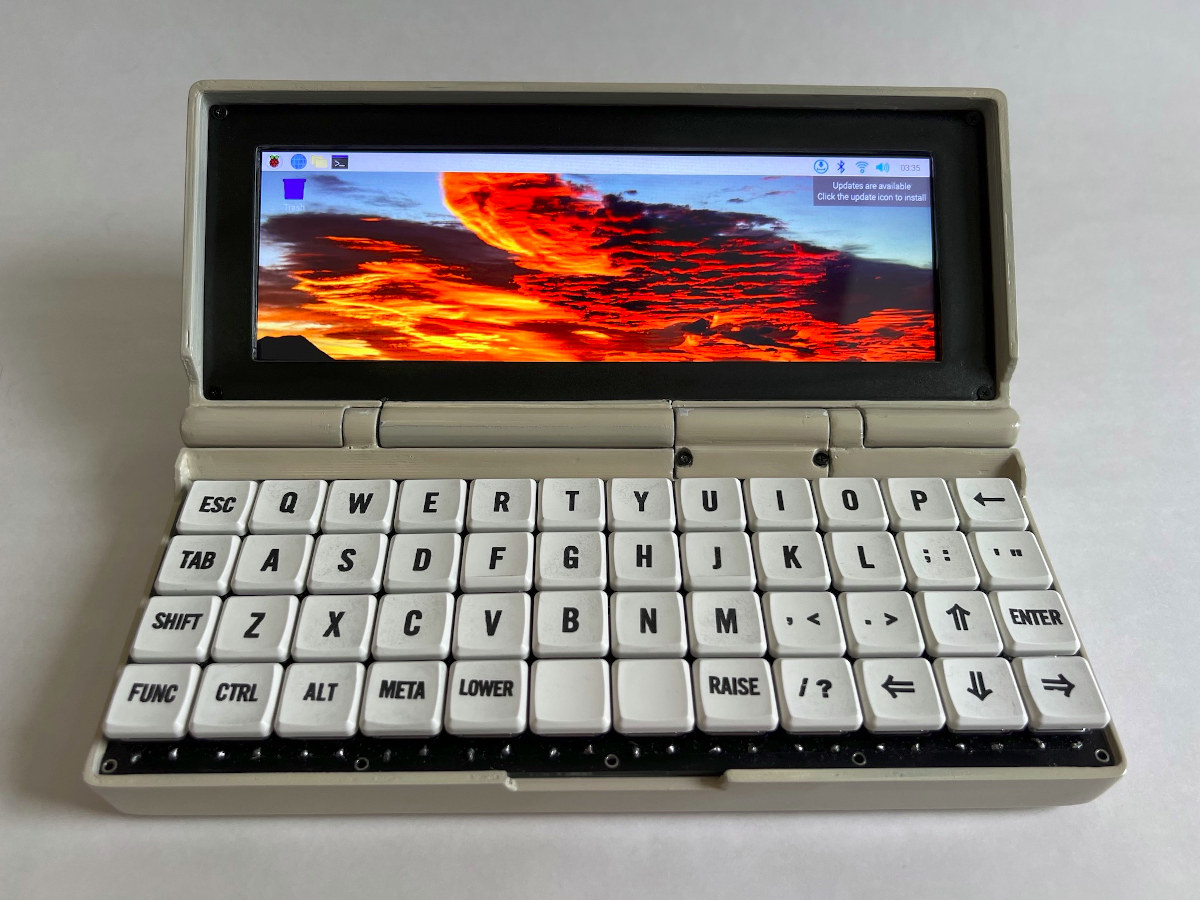SixFab is now taking pre-orders for its “Raspberry Pi 5G Development Kit” equipped with either Quectel RM50xQ or Telit FN980 5G modem fitted to SixFab’s Raspberry Pi 5G HAT, all housed in a plastic and acrylic enclosure with four antennas. The selected modems rely on the worldwide 5G NR Sub-6GHz and mmWave frequency bands, and the company says a data throughput of up to 5.0 Gbps (download) and 1.0 Gbps (upload) is possible with the kit. SixFab explained the 5G devkit is designed to help with the development, optimization, and testing of MTC (Machine-type Communication) and M2M projects leading to products such as IoT gateways, indoor and outdoor CPE, high bitrate video streaming, real-time sensor data broadcasting, high-speed mobile 5G hotspot, etc. SixFab Raspberry Pi 5G Development Kit specifications: Works with Raspberry Pi 4 or compatible SBC’s with USB 3.0 port Raspberry Pi 5G HAT with M.2 socket optionally fitted […]
Pigeon RB700 is a DIN Rail automation controller with RS-485, RS-232, Ethernet, CAN FD, 1-WIRE, RS-232, and more
We’re covered DIN-Rail industrial computers powered by Raspberry Pi CM4 module, but Kristech’s Pigeon RB700 automation controller may be the one with the most features so far thanks to two RS-485 ports, two Ethernet ports, CAN FD, 1-WIRE, RS-232, 12 digital inputs (8 optoisolated, 4 dry contacts), and 8 digital outputs. That’s for the common features present in all variants including RB700 Essense. The RB700 Standard model adds UPS, HDMI, analog I/Os, and TPM, while the RB700 Advance is further equipped with two M.2 sockets (for SSD and/or cellular modem) and two additional RS-232 ports. Pigeon RB700 specifications: Supported SoM- Raspberry Pi CM4 with up to 8GB RAM, up to 32GB flash, optional WiFi 5 and Bluetooth 5.0 module Video Output (Standard and Advance) – HDMI port Networking – 2x Ethernet ports USB – 2x or 3x USB 2.0 ports Wired communication interfaces 3x RS-232, 2x RS-485, CAN FD, 1-Wire […]
Raspberry Pi 4 4GB/8GB price is going through the roof (over 100 Euros in Europe)
While Raspberry Pi Foundation provides a fixed price for their single board computers before taxes and shipping, the street price may be different, and I’ve seen several reports on Twitter of the Raspberry Pi 4 with 4GB RAM now selling for over $100 due to the lack of supplies. The problem seems especially pronounced in Europe with some users reporting a price close to 120 Euros, instead of the usual 50 to 60 price range. Geizhals price comparison website did even show the Raspberry Pi 4 with 8GB RAM selling for up to 149.99 Euros (About $170) just last week, but prices have now gone down to just around 100 Euros, clearly a steal! The price for Raspberry Pi 4 with 4GB RAM has also gone down, but it is still at 89.90 Euros according to the Heise’s price comparison website. This is probably a regional pricing issue, but the […]
OpenScan DIY 3D scanner works with Raspberry Pi, DSLR, or smartphone cameras
OpenScan is an open-source DIY 3D scanner that relies on Photogrammetry and works with Raspberry Pi camera modules, compatible ArduCam modules, as well as DSLR cameras, or the camera from your smartphone. The open-source project was brought to my attention after I wrote about the Creality CR-Scan Lizard 3D scanner. The OpenScan kits include 3D printed parts such as gears, two stepper motors, a Raspberry Pi shield, and a Ringlight module to take photos of a particular object from different angles in an efficient manner. The OpenScan Classic kit above allows for 18x18x18cm scans and comes with the following components: 1x Nema 17 Stepper Motor (13Ncm) 1x Nema 17 Stepper Motor (40Ncm) 2x A4988 Stepper driver 1x Power Supply 12V/2A (5.5-2.5mm plug) 1x Optional Bluetooth remote shutter control for smartphones If you’re going to use the Raspberry Pi as shown on the right side of the image, you’ll also need […]
Challenger RP2040 LoRa board combines Raspberry Pi RP2040 MCU with RFM95W LoRa module
Invector Labs is now offering a variant of the WiFi-based Challenger RP2040 board with a LoRa radio. The Challenger RP2040 LoRa board features the Hope RF RFM95W LoRa radio transceiver module instead of the ESP8285 WiFi chip found in the original board. Raspberry Pi RP2040 has already been used in combination with a LoRa module, notably in Rakwireless RAK11300 WisDuo LPWAN module and the “LoRa Expansion for Pico“, a baseboard for Raspberry Pi Pico equipped with a LoRa module, but it’s the first time I see the combination in a development board form factor, which as a potential bonus following Adafruit Feather form factor. Challenger RP2040 LoRa board preliminary specifications: MCU – Raspberry Pi RP2040 dual-core Cortex-M0+ MCU @ 133MHz with 264KB SRAM Storage – 8MB flash Wireless module – Hope RF RFM95W connected via SPI channel and some GPIOs 168 dB maximum link budget. +20 dBm – 100 mW […]
Raspberry Pi RP2040 gains an extra USB port through PIO’s (programmable I/Os)
The Raspberry Pi RP2040 specifications only list one USB 1.1 Host/Device hardware interface, but developer’s Sekigon Gonnoc decided to leverage the microcontroller’s programmable I/Os (PIO) to add an extra USB port that also works in host or device mode. While the C library is still supposed to be a work in progress Sekigon implemented full-speed (12 Mbps) and slow-speed (1.5Mbps) host, full-speed device, USB hub, and multi-port support. There’s even a demo with three “Pico Pico USB” keyboards acting as USB hubs and HID plus a wireless mouse to show the results. The implementation uses one PIO for the USB transmitter using 22 instructions and one state machine and another PIO for the USB receiver using 31 instructions and two state machines, as well as one 1ms loop timer for the host, and one PIO interrupt for the receiver. You’ll find the code to implement the extra USB port on […]
Yodeck Leverages Raspberry Pi in Mainstream Digital Signage (Sponsored)
Yodeck, the digital signage company has been utilizing Raspberry Pi 4 (2 GB RAM) as their goto computer to run their signage software. The versatile RPi 4 is a choice for many makers, inventors, schools, and hobbyists, but does not often find its way into mainstream business ventures. The Yodeck service software runs a remote digital signage system that is built on the RPi 4 SBC. Digital displays play an enormous role in business, for advertising, information sharing, instruction, and training. The RPi 4 can be situated at the forefront of those services. Finding the RPi 4 in a custom case, with inputs and connections readily accessible is sometimes startling. Many people are used to the RPi 4 with its circuits bare. The RPi 4 powers the Yodeck Player. A Play and Plug mini-computer with full 4K resolution and direct encoding. The Raspberry Pi 4 Model B is built for […]
DIY Raspberry Pi Zero 2 W handheld PC (mostly) makes use of off-the-shelf parts
The Penkesu Computer is a DIY handheld PC powered by a Raspberry Pi Zero 2 W SBC, and mostly comprised of off-the-shelf parts including a 7.9-inch display from Waveshare, replacement hinges for the Gameboy Advance SP, a 48-key mechanical keyboard fitted with Kailh low profile Choc V1 switches, and so on. Penk also happens to have designed the CutiePi tablet with Raspberry Pi CM4, and designed the Penkesu Computer (ペンケース in Japanese) as a side project without having to “worry too much about commercial viability” and as a way to remind himself why he started tinkering. Penkesu Computer handheld PC specifications: SBC – Raspberry Pi Zero 2 W with Broadcom RP3A0 SiP with Broadcom BCM2710A1 quad-core Cortex-A53 processor @ 1.0 GHz, 512MB RAM, MicroSD card slot Display – 7.9-inch IPS display with capacitive touch screen, 1280x 400 resolution, connected over HDMI via flat cable through an Adafruit adapter Keyboard – […]


